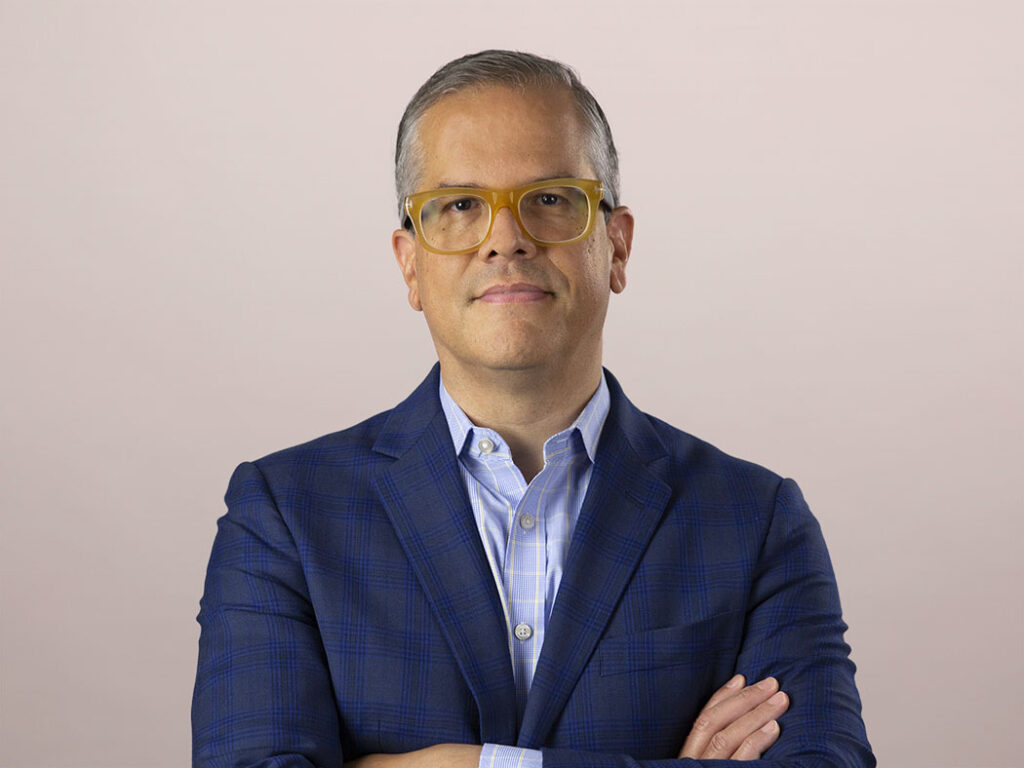Take Action Now To Plan For The Future Of Work
We’re just a month away from Forrester’s Digital Transformation & Innovation 2019 Forum, where my Forrester colleagues and leaders from a wide array of companies will be sharing our vision for how technology will drive the next wave of innovation. I hope you’ll join us in Chicago, May 14–15.
This isn’t your grandfather’s outdated approach such as adopting a top-down view of technology innovation or letting the technology determine your strategy. Instead, it’s about turning your company into an adaptive enterprise that continually flexes, evolves, and pivots in response to rapidly changing customer, competitive, and technology trends. Leaders of adaptive firms realize that technologies like AI alter the very foundations of how it is possible to drive the best experiences for their customers, so they reorganize themselves around the concept of adaptableness.
To drive customer obsession, leaders innovate within their workforce, too. One dimension of the adaptive enterprise is what’s broadly termed “the future of work.” Now, the future of work shouldn’t just be a description of what we think will happen in the future (though it needs to offer a well-supported vision of what we forecast the future to look like); it also needs to give leaders an action plan. It’s all well and good to tell you what will happen (and we think we’ve got some ideas to share on that), but at the Forum, we aim to tell you what you should do about it.
Learn how to plan your workforce for the future. Forrester’s research on the future of work reveals that the types of jobs that will thrive in 2030 contrast with those of today. AI, automation, and robotics will take over certain jobs that have rote, repetitive, and predictable tasks associated with them; we see this in the robotic process automation (RPA) space, where shared services jobs are being replaced. But the automation economy also creates jobs. Craig Le Clair and I will be talking about this emerging world of mixed human-digital workforces and will share our new research on how to construct your workforce both today and in years ahead.
We’ll also expand upon new frameworks for developing an adaptive and effective workforce, helping you learn:
- How to identify talent in this changed world: Future Fit. As AI and automation reshape our organizational structures and employee journeys, some people are readier than others to enter this bold new world of intelligent technologies. Cultivating this in your employees — and yourself — is a key skill you will need to succeed in the future of work.
(Pre-Forum suggested reading: “Introducing Forrester Future Fit” by James McQuivey, PhD) - How to drive a great employee experience: EXi. Great customer experiences (CX) and great employee experiences (EX) go hand in hand. Now the challenge is to determine which EX elements drive the best EX outcomes, measure them, and implement them.
(Pre-Forum suggested reading: “Introducing Forrester’s Employee Experience Index” by Dave Johnson and Sam Stern) - How to invest in fundamentals for success with AI and automation: RQ. It’s great to write a check to an AI vendor or to deploy RPA or physical robotics, but spending money with external parties isn’t enough to drive customer-obsessed business results. The key? Investing in fundamentals: your people (employees), leaders, and organizational structures. The RQ model shows you how.
(Pre-Forum suggested reading: “RQ: Assess Your Readiness For Working Side By Side With Robots And AI” by me, J. P. Gownder)
Together, these three frameworks help drive future-of-work strategies that are tangible, measurable, and tested. A quick example: Forrester’s latest data suggests that only about 31% of information workers agree strongly that they are “proud to work for” their companies. Among workers who score high on each metric, this rises to 45% (Future Fit), 55% (RQ), and a whopping 80% (EXi). We’ll be sharing more data, proof points, best practices, and how-tos at the Forum.
Want to know more about the Future of Work? Download Forrester’s complimentary guide today.
J. P. Gownder is a vice president and principal analyst serving CIOs. He leads Forrester’s research on the impact that automation, artificial intelligence, and robotics have on the future of work, the future of jobs, the economy, and CIO strategies. He also covers innovation in the context of disruptive devices and interfaces — from PCs to mobile devices and augmented and virtual reality (AR/VR) to software and intelligent agents — and how these technologies drive improvements in employee experience and business outcomes. Follow him on Twitter at @jgownder.
